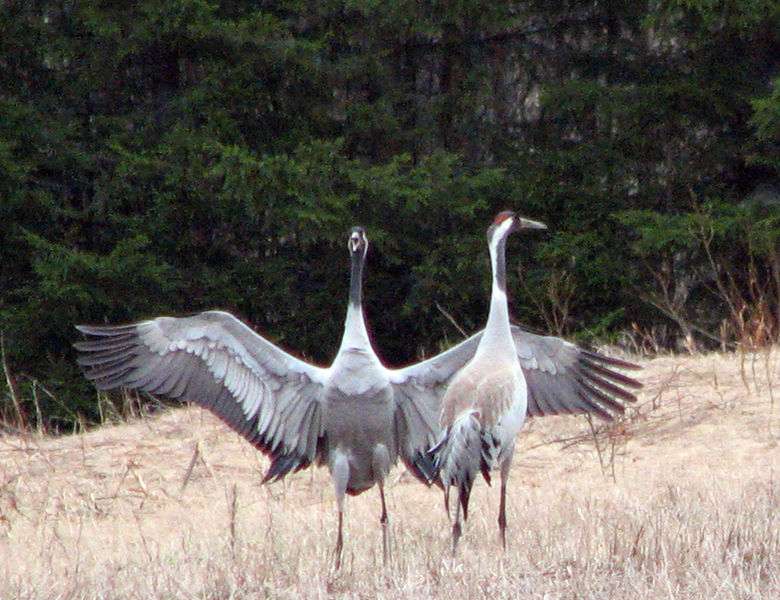In an article published by researchers from the Department of Molecular Microbiology and Biotechnology: Prof. Eugene Rosenberg, Prof. Danny Segal and PhD student Gil Sharon in the journal PNAS, they confirmed a new edition of the theory of evolution developed by Rosenberg and Silber-Rosenberg according to which the biological complex includes the animal or plant on all micro Organisms where they go through evolution together and the accompanying bacteria have an effect on mating. Meanwhile, the subject is tested on fruit flies

A study recently published by a group of researchers from the Department of Molecular Microbiology and Biotechnology at Tel Aviv University in the journal PNAS (Records of the American Academy of Sciences) proves that the bacteria living in the bodies of animals, in this case fruit flies, have an effect on mating preference.
The researchers, Prof. Eugene Rosenberg, Prof. Danny Segal and PhD student Gil Sharon in collaboration with Prof. John Ringo from the University of Maine in the USA, tried to test a theory proposed about two years ago by Prof. Rosenberg and Dr. Ilana Silber-Rosenberg according to which , the basic unit in evolution is not the individual living creature, the animal or the plant, but the biological complex (Holobiont) - that is, the animal or the plant with all the microorganisms living in its body. In the case of animals - the absolute majority of these microorganisms are intestinal bacteria.
In the article, the researchers described a number of experiments that Sharon conducted with fruit flies that supported this theory. In the first experiment, the researchers repeated an experiment carried out twenty years ago, by Diane Dodd from Yale University, in which it turned out that if you divide a population of flies in two and feed one with simple sugar and the other with starch, and wait a year, when you mix the flies, it turns out that these Those fed on starch prefer partners fed on starch and similarly those fed on sugar prefer partners with the same diet. The experiment carried out by Sharon shows that the effect is noticeable after one or two generations and not just a year later.

In the second experiment, Sharon repeated the first experiment with the addition of antibiotics that eliminated the bacteria and with them the preference of the partners, so that now the mating became random and did not depend on the diet.
In the following experiments, Sharon succeeded in isolating a bacterium that causes reproductive isolation between those with different dietary preferences. This is Lactobacillus plantarum which multiplies when the flies are raised on starch and is absent in the flies fed on sugar. When the bacterium was added to flies treated with antibiotics, the phenomenon of partner preference depending on diet returned and thus it was proven that this bacterium, at least partially, is responsible for sexual preferences.
In the next step, Sharon, in collaboration with Prof. Avraham Hefetz from the Department of Zoology at Tel Aviv University, analyzed the sexual pheromones that the flies produce, and it turns out that there is a difference between the pheromones in the flies with the different diet, and again when antibiotics were added, this difference disappeared.
"The result actually implies that the change in sex pheromones is the mechanism through which we see the mating preference. We therefore hypothesize that the bacteria are the ones that brought about this change.
According to Prof. Rosenberg, "Until now, it was thought that the host creature alone undergoes evolution, while the bacteria in its body undergo their own evolution. The mechanism we discovered allows evolution to occur more quickly in response to environmental changes, because bacteria have a much shorter generation time than the multicellular animals, and therefore they are able to adapt quickly and turn acquired changes into genetic changes of the biological complex."

12 תגובות
Many germs and viruses affect the sexual preferences of humans.
HIV, herpes, leprosy, the rose of Jericho, all kinds of bad odors from the body that come from germs and more
Interesting article
It seems to me that this mechanism is responsible for some of the splits of animal species
Ronan:
It is written in the article.
a quote:
In the next step, Sharon, in collaboration with Prof. Avraham Hefetz from the Department of Zoology at Tel Aviv University, analyzed the sexual pheromones that the flies produce, and it turns out that there is a difference between the pheromones in the flies with the different diet, and again when antibiotics were added, this difference disappeared.
"The result actually implies that the change in sex pheromones is the mechanism through which we see the mating preference. We therefore hypothesize that the bacteria are the ones that brought about this change."
Interesting, is there an explanation for the phenomenon? How do the flies eventually perceive the difference in the diet of their partners?
Does this bacteria cause the release of some kind of chemical?
Does this phenomenon also apply to mammals?
Even among humans there is a bacterium that influences the choice of partners.
This bacteria is called "religion". There are different types of religious bacteria and it was discovered that those with the same type of religious bacteria marry among themselves even when there are people with different types of religious bacteria in their vicinity.
Amos:
What's this rant about hitting Darwinism?
It is completely within the framework of Darwinism (not even an addition).
Every organism has its own environment and it develops with it, influences it and is affected by the changes caused by other factors.
This is what was and is what remains.
If there is one thing this discovery does for Darwinism it is to further confirm it and show that reproductive isolation can also be caused by purely biological reasons and not just by catastrophes.
Yehuda - what is it that you wrote that it was because they got to meet more; What do you think? That the researchers did not care about equal opportunities? They mixed flies and flies from both diet groups and tested preferences. What in the scripture led you to the conclusion that there was no equality of opportunity for encounters between males and females between equal nutrition and different nutrition?
(What I said is not possible, is of course within the time frame in question, if there was 10 to the power of 1000 years or something of that magnitude it is possible).
Another blow to Darwinism. Little by little it turns out as expected that things are not so random. And if someone claims that this is in total an addition to Darwinism, he may be right, but I foresee many more such additions, and the bottom line is that evolution is not carried out by the single rule of natural selection, but there is a wider set of rules (as indicated in the article, and as the discovery of Transverse gene transfer, and additional discoveries that will be found in the future), bottom line, it is not possible for such highly developed animals to evolve randomly (subject to natural selection only).
Not so sure about the conclusions
Is it not possible that the sugar lovers preferred the sugar lovers just because they got to meet more? It would have been necessary to put between every two sugar lovers a starch lover and vice versa, would even then the sugar loving fly look for a sugar lover instead of a starch lover that is closer to him?
Good night
Sabdarmish Yehuda